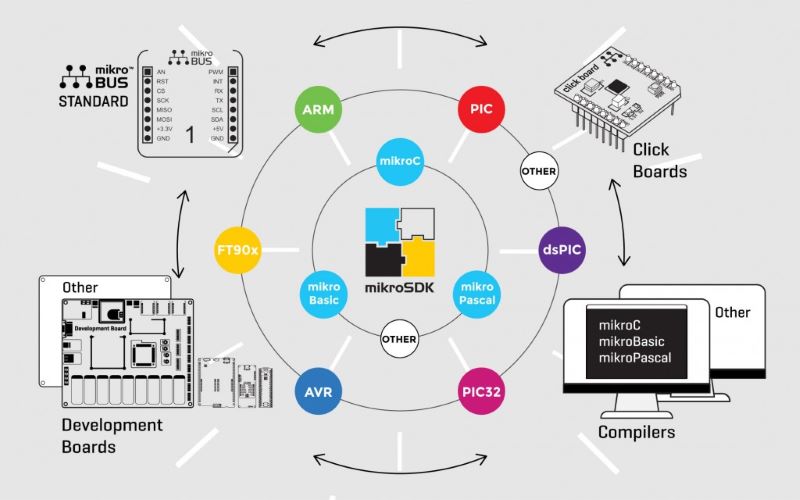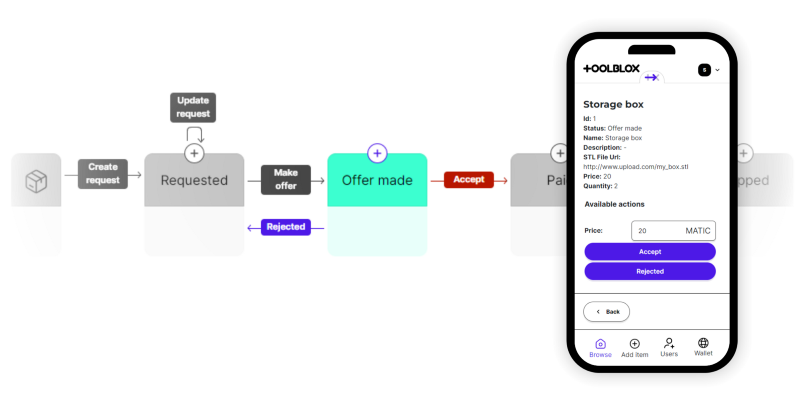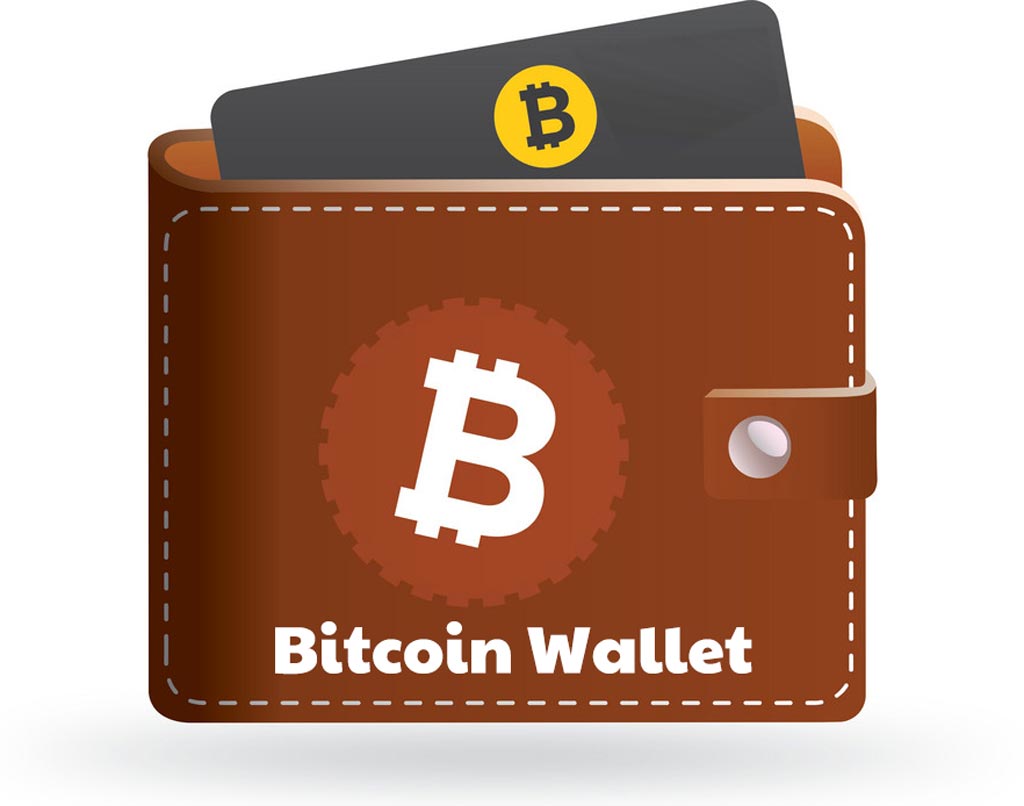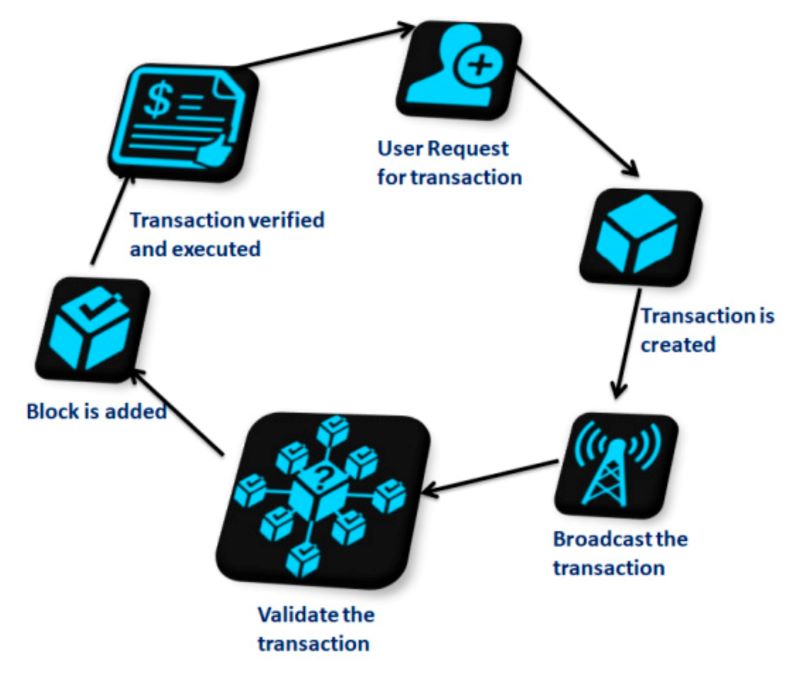Diving into the world of blockchain, you know the drill: it’s complex, but the potential is huge. What if I told you that software development kits in blockchain are your golden ticket? Imagine streamlining processes, knocking down tech barriers, and setting free your project’s possibilities. Listen up, because I’m about to show you how to pick, use, and master the right kit to make your blockchain vision a reality. Let’s not waste time; there’s code to be written and innovation waiting to happen!
Understanding the Basics of Blockchain SDKs
What Are Blockchain SDKs and Their Primary Functions
Imagine you’re building a house. Now think of blockchain SDKs as the toolkits that have everything you need. SDK stands for software development kit. It’s how developers create cool apps for the blockchain – like building blocks for crypto. These kits have code, tools, and guides to help you. They make app-making easier and faster.
What do SDKs do? They let you talk to the blockchain with no fuss. They handle complex tech stuff. So, you can focus on your project. With SDKs, you can build safe and neat apps. Let’s say you want to make an app that lets people use digital money. With an SDK, that’s not a big headache. It can help you add a wallet to your app, or even create brand new coins!
Now, why do we talk about ‘decentralized’? Because it’s a big deal in blockchain. Unlike having one big boss, blockchain spreads the power across many users. And decentralized apps do the same. So, they use blockchain SDKs to keep things fair and spread out.
Key SDK Features for Effective DApp Development
When making a decentralized app, or DApp, you need the right tools. Good blockchain SDKs make it less hard. They have smart contract tools, so you can set rules for your app. There’s also stuff for making wallet features. This way, users can keep and trade their crypto without a hitch.
Also, if you’ve heard of Ethereum, it’s a big name in blockchain. Ethereum developer kits are like gold if you’re working in that space. But, it’s not just about Ethereum. Other platforms and even mobile kits are key too.
One more cool thing is that these kits can be open-source. This means everyone can see and help make them better. It’s not just one person or group calling the shots. This helps keep things fair and open.
So, SDKs have all these bits and pieces to help you: tools to write smart contracts, setups for wallets, and guidelines on how to do it all. They sometimes come with examples to learn from. That’s like getting the secret recipe for your favorite cake, so you can bake it at home.
With a good kit, you also think less about safety risks, ’cause the kit’s got you covered. This is huge because in crypto, keeping things locked down and safe is job number one.
Still, picking the right SDK matters a lot. Not all are equal. You want one that fits what you’re building. Some are the best match for startups or gaming. Others are champs at working with many platforms.
Long story short, blockchain SDKs are your best pals for crafting apps in the crypto world. They’ve got your back, making the tough tech stuff smooth so you can dream up the next big thing in blockchain.
So, you grab an SDK that suits your app, and then you get to work. With the help of these tools, your project starts to shine. It’s like having a superpower in the world of blockchain app building.
Implementing and Integrating Blockchain SDKs
Step-by-Step Guide to Integrating Blockchain SDKs into Your Project
Integrating blockchain SDKs is like adding a superpower to your project. First, you’ll need to pick the right SDK. Think about your project’s needs. What do you want to do? Make a DApp, a wallet, or something else?
Once you have your SDK, it’s time to get your hands dirty. Open the SDK documentation. It’s a goldmine. It will show you how to fit the SDK into your project. Follow the setup steps. They are there to help. Install the SDK just as the guide tells you.
Next up is coding. Use the SDK tools for crypto and features for DApp development. They help your project take form. Test as you code. This catches problems early. Don’t wait to find bugs. Squash them as soon as they pop up!
Getting help is okay. Join forums or find groups online. They can offer great advice. Remember, you’re not alone. Other developers are working on projects like yours. Learn from them.
Customizing SDKs for Smart Contract Creation and Management
Now, let’s talk smart contracts. They’re contracts, but not on paper. They’re bits of code that run on blockchain. They’re super important for DApps. They handle all the logic.
Using an SDK, you can make your smart contracts fit your needs. Look for SDK customization for smart contracts. It will have tools you need. Don’t rush. Take your time to know each part of the SDK. It will save you headaches later.
Let’s say you’re using the Ethereum developer kit. You’re in luck. It has a lot of help for you. Use its tools to write, test, and deploy your contracts. Be sure to handle SDK security for blockchain apps well. It’s not fun if something goes wrong there.
When you build your smart contract, think of others. Will they understand how it works? Keep it simple and clear. Then, when you’re sure it works, deploy it. Now it’s part of the blockchain.
Mobile SDK for blockchain? Yes, it’s a thing. They let your app work on phones, too. This can reach more people. So, consider it, especially if people use your DApp on the go.
Don’t forget open-source blockchain kits. They are free and shared by developers like you. This means many eyes have checked their code. This can mean fewer bugs.
Finally, always keep learning. Blockchain moves fast. New tools come out all the time. Stay updated. Watch for new blockchain SDK tutorials. And maybe, make your own to help others.
Remember, blockchain is about sharing and growing together. Use SDKs to make your project shine and stand out. The journey can be tough, but oh, so rewarding!
Selecting the Right Blockchain SDK for Your Project
Factors to Consider for SDK Selection: Security, Flexibility, and Support
Picking a good blockchain SDK is like finding the right teammate. It must be safe, bendy, and helpful. First, think of how it guards data and stops hacks. Good SDK security keeps your app safe. Seek out kits that update often and fix bugs fast. Flexibility is next. Ask if the SDK fits well with your idea. It must let you tweak and change parts to fit your plan. Then, does it play nice with other tools you use? Last, look out for strong support. This means help when you hit snags. You want a team that answers fast and guides you through rough spots.
Comparison of Top Blockchain SDKs for Different Use Cases
Different SDKs shine in different lanes. Let’s talk shop.
For starting up, Ethereum’s kit is a go-to. It’s packed with tools for making dapps and smart contracts. It’s like the Swiss Army knife for blockchain builders. Need to build fast and on more than one system? Look at cross-platform SDKs. They let you write once and run everywhere. This cuts down on work and keeps your hair on.
For super serious projects, Hyperledger Fabric is top-notch. It works great for business stuff with must-have privacy. Gamers, hear this. Blockchain gaming SDKs are booming. They let you plug in play-to-earn features for a wild ride. And don’t skip on good docs. Clear SDK docs make life easy, like a map in a maze. They guide you and cut down on guesswork.
Then, API magic. SDK and API together make a powerful team. They hook up your app with up-to-date blockchain features, smooth-like. Nothing beats the right combo for making cool stuff happen.
Every use case has its hero kit. Picking the best is key to winning the game. So, dig in, compare, and choose your champ. It’s your move to unleash your project’s potential!
Advanced SDK Tools and Practices for Developers
Harnessing Cross-Platform SDKs for Blockchain Wallet Development
Using SDKs makes building blockchain wallets easier. You can work on different devices with them. This means your app can run on iPhones, Android phones, and computers without big changes. Think of SDKs as the toy blocks in a mega set. They let you create complex things, like a wallet app, fast. They have ready-to-use parts which save time and effort.
When you develop with cross-platform SDKs, you use the same code for all devices. This is smart since it brings down costs. Everyone using your app gets the same good experience, no matter the device. To get this right, pick SDKs that support many devices. Look for ones that get updated a lot. Regular updates keep your app secure and fresh.
SDK tools for crypto include things to deal with digital money, like Bitcoin. They help you to safely move funds. They also let you check balance and past transactions. SDKs for blockchain wallet integration make it simple to add wallet features to your app.
For example, the Ethereum developer kit has tools to connect with the Ethereum network. It lets you work with its currency, Ether. With these tools, you can create or use smart contracts. Smart contracts are deals that work on their own when conditions are met. They’re key in apps that move and manage money with no middleman.
By using mobile SDKs, you bring blockchain to phones. This lets people use your app on the go. Imagine paying for coffee with an app you made. That’s possible with blockchain and mobile SDKs.
Remember, SDK features for DApp development are powerful. But they need care to work well. Always use the latest version. Watch out for news about the SDKs you use. New tools and tips can help you. They can make your app even better.
Keeping Up with SDK Updates and Documentation for Blockchain Innovation
Staying up-to-date with SDKs is a big deal for developers. Keep up so you can use new features and keep your app safe. Changes in blockchain happen fast. Being late means you could miss out on new chances or face threats.
Look at SDK documentation to keep up. It teaches you how to use the SDK properly. SDK developers spend a lot of time making these guides helpful. Using them right means fewer problems when you build apps. Sometimes, they include examples to learn from which is like getting free lessons from an expert.
For blockchain innovation, it’s about learning constantly. Use online tutorials, go to workshops, and talk with other developers. Sharing what you learn can help others too. When you share, you might get tips in return.
Reading reviews of different SDKs is a tip. Reviews can show you which is best for your project. Try to compare a few before you decide. This helps find the best fit for you.
Hyperledger Fabric SDK is good for some projects. It’s made for business and has tools for private deals. If you need to work with a team and keep things safe, look into it.
Building DApps with SDKs needs careful planning. Think about your project’s needs. Use the right tools from your SDK. Check often to see if any tools can do even more for you.
In summary, use SDKs to bring your creative ideas to life. Watch for updates, learn how to use them, and choose well for your projects. Good luck, happy building!
In this post, we dug into blockchain SDKs, their functions, and how to pick the right one. I showed you key features needed for developing effective DApps. Then we walked through integrating SDKs step by step. Plus, I tackled customizing SDKs for smart contracts. We also looked at selecting the best SDK for your project, focusing on security and support. I even compared top SDKs for different needs.
Lastly, we talked about advanced tools and keeping up with updates. With this knowledge, you can take on blockchain projects with confidence. Stay sharp, keep learning, and always choose the right tools for your goals. Your success in blockchain development depends on it!
Q&A :
What are software development kits in blockchain?
Software Development Kits (SDKs) in blockchain are tools that provide developers with a set of utilities, libraries, and documentation to facilitate the creation of software on a particular blockchain platform. These kits help streamline the development process by providing pre-built components and an easier way to interact with the blockchain’s protocols and smart contracts.
How do SDKs benefit developers in blockchain projects?
SDKs offer benefits such as accelerating the development process, reducing the need for deep expertise in blockchain technology, and ensuring quality and consistency in the codebase. They also help in maintainability and scalability of blockchain applications by providing tested and proven modules that developers can integrate and build upon.
Can you use SDKs for multiple blockchain platforms?
Some SDKs are designed to be blockchain-agnostic, allowing developers to build applications that can interact with multiple blockchain platforms. However, many SDKs are tailored for a specific blockchain ecosystem and the choice of an SDK might depend on the target blockchain for the application. Checking the compatibility and features of the SDK with the desired blockchain is essential.
What kinds of tools are included in blockchain SDKs?
Blockchain SDKs typically come with a range of tools including cryptographic libraries, smart contract templates, wallet and transaction handlers, and APIs for connecting with the blockchain network. They may also feature testing frameworks, user interface components, and sample applications to help guide development.
Are there any prerequisites for using blockchain SDKs?
To use blockchain SDKs effectively, developers should have a basic understanding of blockchain technology, smart contracts, and the specific programming language(s) required by the SDK. Familiarity with the APIs and protocols of the blockchain network in question is also beneficial. Moreover, setting up the development environment according to the SDK requirements is necessary to start building blockchain applications.



